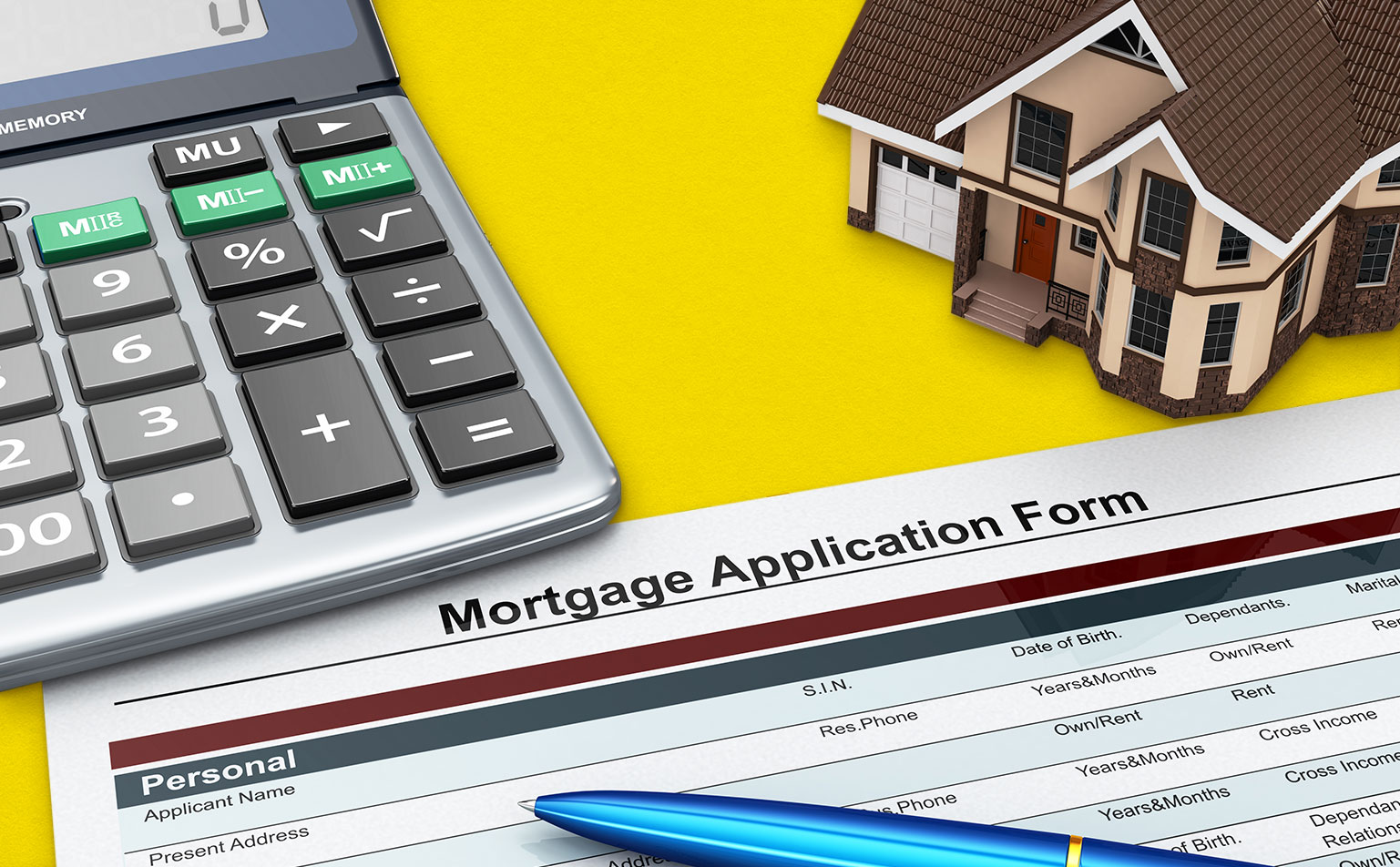When you are ready to buy a home in Canada, you may also need to take on a mortgage. This is everything you need to know when you are getting started!
Typically, home buyers only pay a portion of a home’s full purchase price upfront. This amount is known as a down payment. However, in order to cover the rest of the home purchase, you are likely to need a loan or a mortgage.
What is a Mortgage?
This is a loan type that is used when purchasing a home. It is often for a large sum of money.
In a nutshell, a mortgage is a contract between you and the company or person who is lending you money. This contract will include all details of the loan and the secured property. This means that the lender will have a legal right to take your property and can do so, if you disregard the conditions of your mortgage.
The length of time that your mortgage contract is in effect is known as the mortgage term, which can range from months to years, and it will include the interest rate.
It is important to maintain your home and make all payments on time.
Preparing For a Mortgage
What should you do before shopping around for a mortgage?
Let’s begin with your credit report. Order a copy of your credit report and make sure there are zero errors because potential lenders will want access to it.
A good credit score can lead to a decent mortgage size. However, a bad credit score can negatively impact your ability to obtain a loan. In fact, if you have a bad credit score, a mortgage lender may refuse to approve your mortgage, approve it at a lower amount, or they may force a higher interest rate. They might even request a co-signer or demand a large down payment. To learn about your credit report, read How To Build Credit History.
Moreover, you need to consider your budget and stay within it to qualify for a mortgage. You will have to provide evidence that you can afford these payments. In order to calculate your housing expenses and debt load, mortgage lenders will often review the following information:
- Your credit report and score
- Any debt you have
- Your expenses
- Your income
- The time it will take you to pay off the mortgage in full
In addition, you will require money for closing costs, moving costs, and ongoing maintenance costs.
Mortgage Lenders vs. Mortgage Brokers
Lenders will lend money directly to you. You can apply for a mortgage at a variety of lenders such as mortgage companies, insurance companies, banks, credit unions, trust companies, and loan companies. Basically, every lender will offer its own conditions and interest rates for similar products. Therefore, it is important to shop around for the right one.
Brokers will not lend money directly to you. They find a lender for you. Brokers have a wider range of lenders and products available to them, so they can offer a wider range of mortgage options. Since every broker works with different lenders, ask which ones they work with when you are comparing. Also, brokers do not typically charge a fee for their service because they are paid commission from the lender.
Getting Preapproved for a Mortgage
Additional terms for getting preapproved for a mortgage include mortgage preauthorization and mortgage prequalification. This process can be divided into steps; however, lenders might have different criteria for each step.
At this time, lenders will review your finances, personal information, and conduct a credit check to calculate the maximum amount you qualify for, what your payments will look like, and an interest rate number. This is an excellent time to shop around and compare offerings.
It is important to note that the preapproval amount does not guarantee that you will receive a mortgage for that amount. The approved mortgage is actually based on the amount of your down payment and the value of the property. If you do not want to stretch your budget too thin, consider homes that fall in a lower price range.
Interest Rate on Mortgages
Your mortgage options can impact your interest rates. Since mortgages are typically a large amount of money, any small difference in the interest rate can considerably affect your payments. Canadians can choose between two mortgage interest rate types:
- Fixed Mortgage Rate locks you into a fixed mortgage payment term, often lasting for five years at a time.
- Variable Mortgage Rate is tied to the lender’s prime rate and it can increase or decrease during your term.
Basically, the lower your interest rate the less you have to pay back!
Down Payments
Lastly, homebuyers will have to save enough money to cover their down payment. This is a percentage of the total purchase price of the property and will need to be paid upfront. Generally, this amount is approximately 20% of the purchase price. However, you may still secure a mortgage even if you have less than 20% of the purchase price.
*Opinions expressed are those of the author, and not necessarily those of Student Life Network or their partners.




